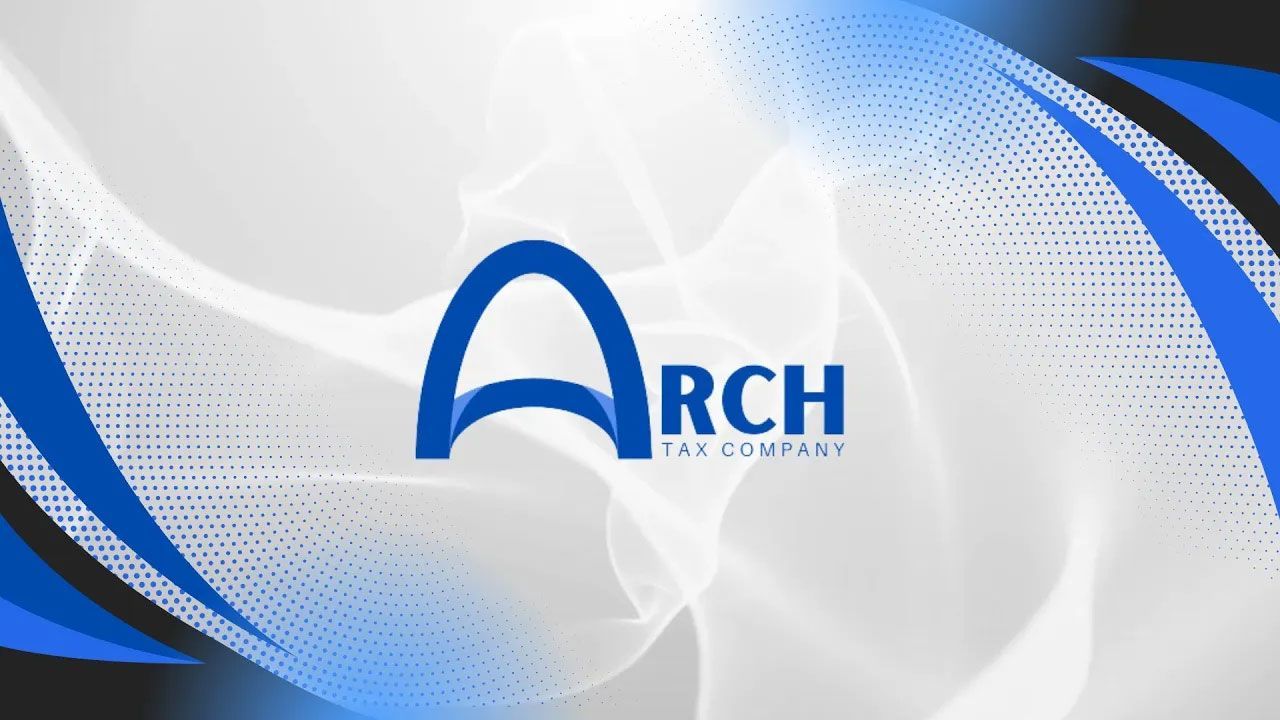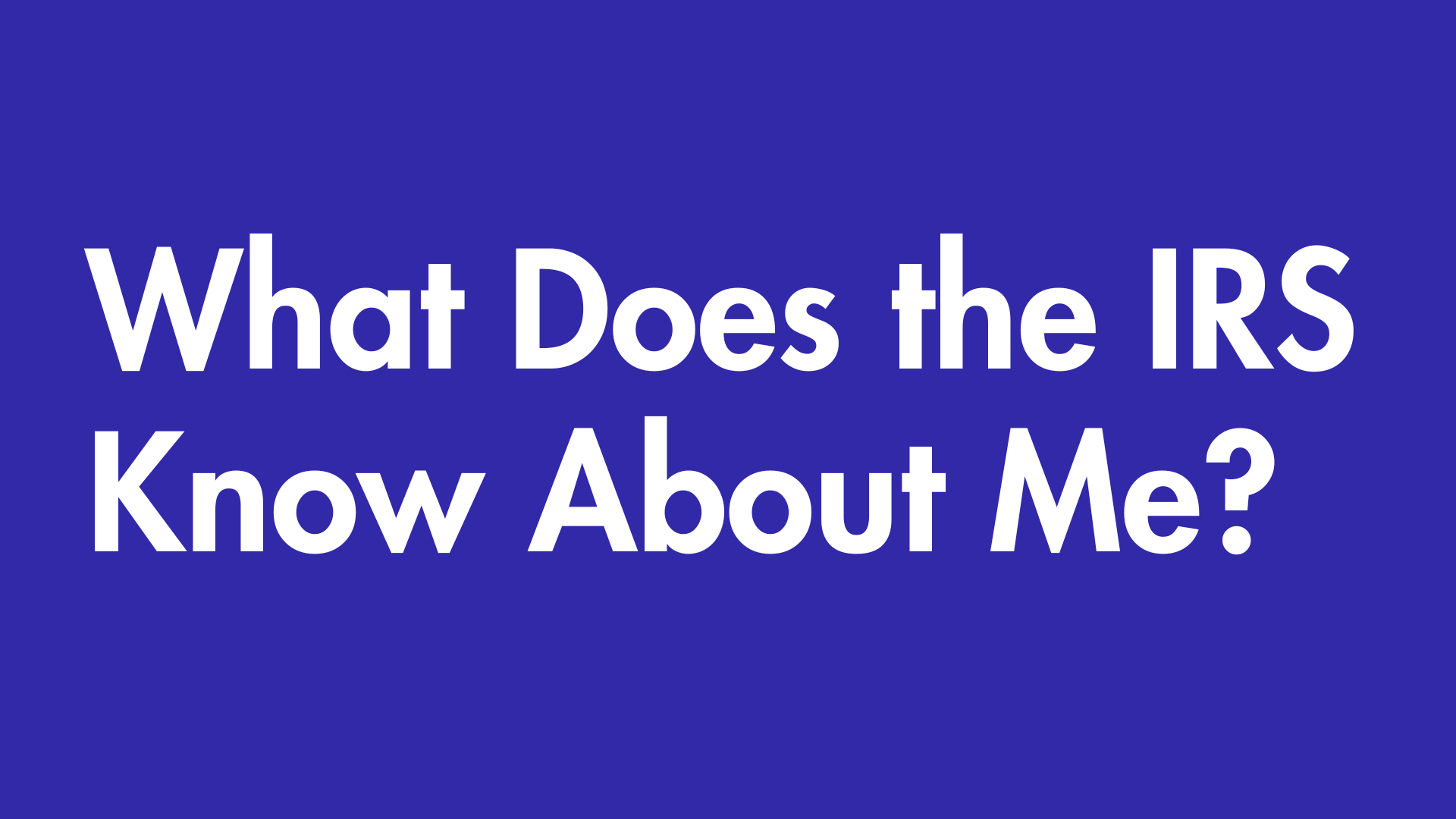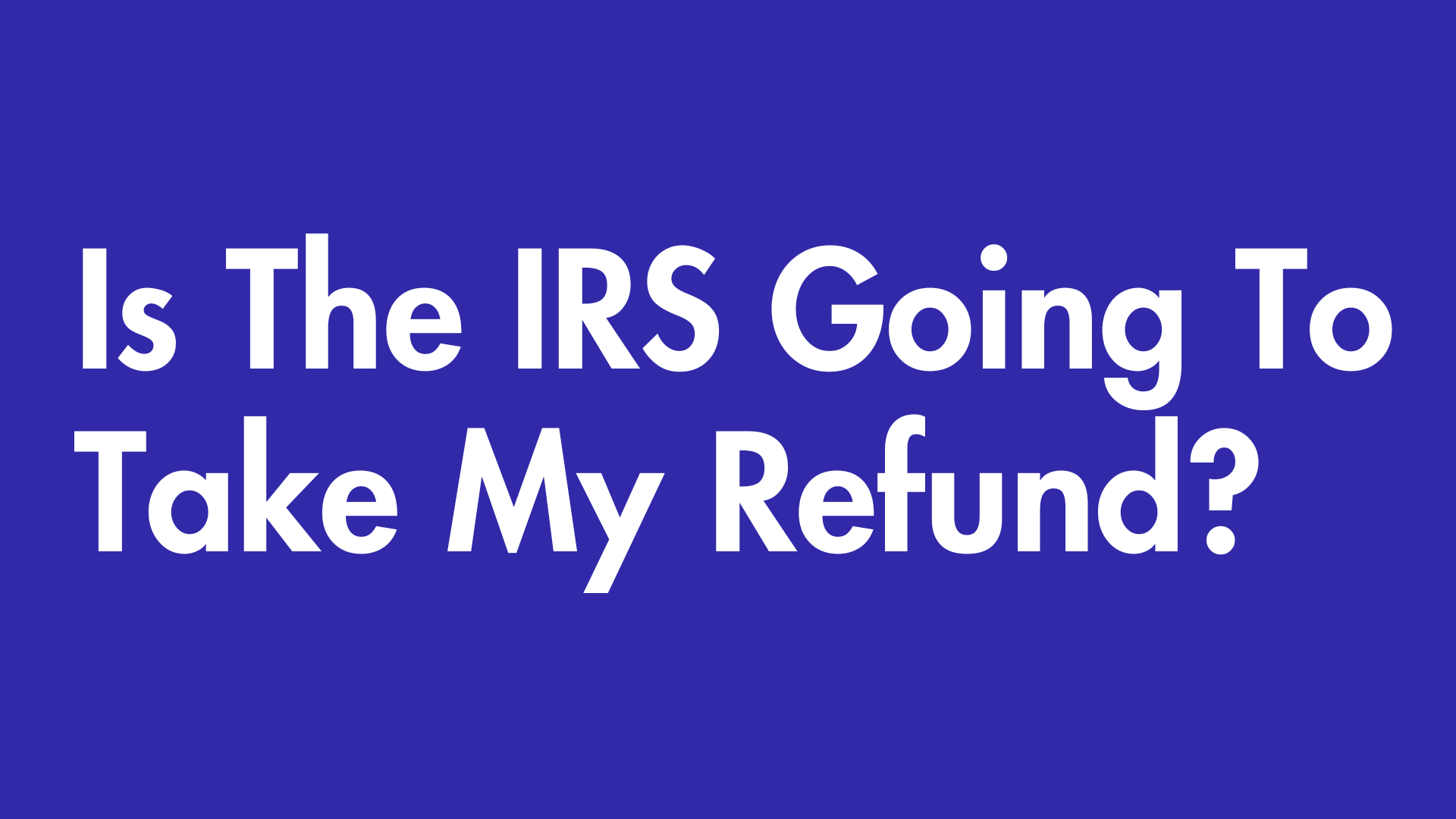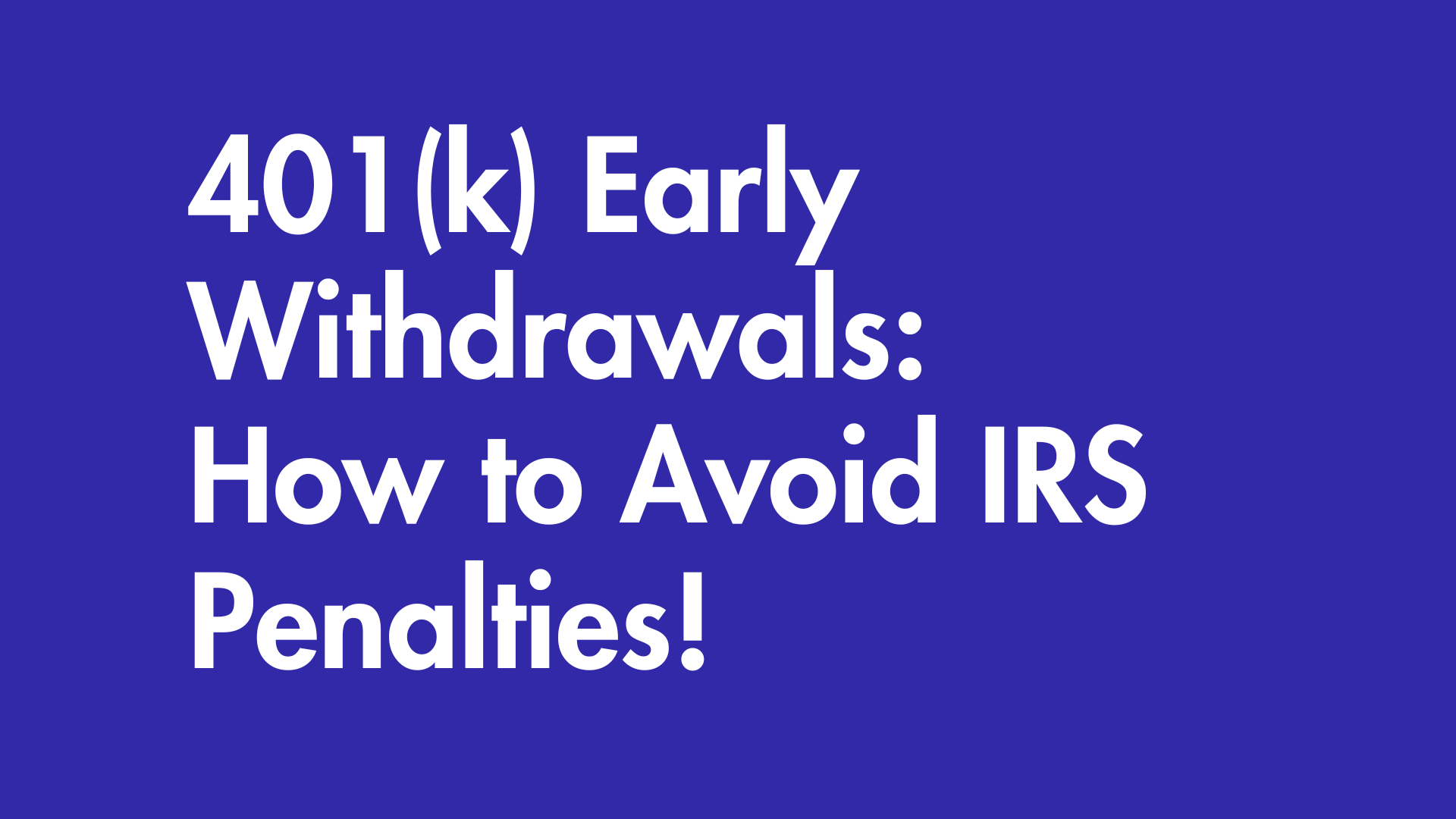Pro Tip: How to Stop Wage Garnishment
Pro Tip: How to Stop Wage Garnishment
What Is Wage Garnishment?
Wage garnishment occurs when the IRS seizes a portion of your paycheck to cover unpaid taxes. Unlike most creditors, the IRS doesn’t need a court order to enforce this action. It starts by notifying your employer, who is then legally obligated to redirect a portion of your earnings to the IRS.
Why Would the IRS Garnish My Wages?
The IRS typically resorts to wage garnishment after repeated attempts to collect unpaid taxes. Garnishments don’t happen out of the blue—taxpayers are notified through multiple warnings and collection notices. If ignored, the IRS can place liens on your property and begin the garnishment process.
Ways to Stop Wage Garnishment
- Pay Your Tax Balance in Full
The fastest way to stop garnishment is to pay off your tax debt entirely. This option may not be feasible for everyone but eliminates penalties and interest once resolved. - Set Up an Installment Agreement
An installment agreement allows you to pay your debt in manageable monthly payments. While penalties and interest may continue to accrue, this approach halts garnishments and keeps you financially stable. - Negotiate an Offer in Compromise
If you can’t pay the full amount, you may qualify for an Offer in Compromise (OIC), which lets you settle your debt for less than what you owe. This requires thorough financial documentation and IRS approval. - Prove Financial Hardship
Demonstrating that garnishment causes undue financial hardship can put you in a “Currently Not Collectible” (CNC) status, temporarily stopping collection actions. However, interest and penalties continue to accrue. - File for Bankruptcy
In extreme cases, filing for bankruptcy can halt wage garnishment through an automatic stay. However, this is a complex option that requires court approval and doesn’t discharge all tax debts.
Why Professional Help Matters
Dealing with wage garnishment and negotiating with the IRS can be overwhelming. Tax professionals, such as attorneys and enrolled agents, have the expertise to analyze your financial situation, explore all options, and represent you effectively before the IRS.
Take Action Today
If you’re facing wage garnishment, don’t wait. The longer you delay, the harder it becomes to stop IRS actions. Contact our team of tax professionals today to reclaim control of your finances and find the best resolution for your tax situation.









